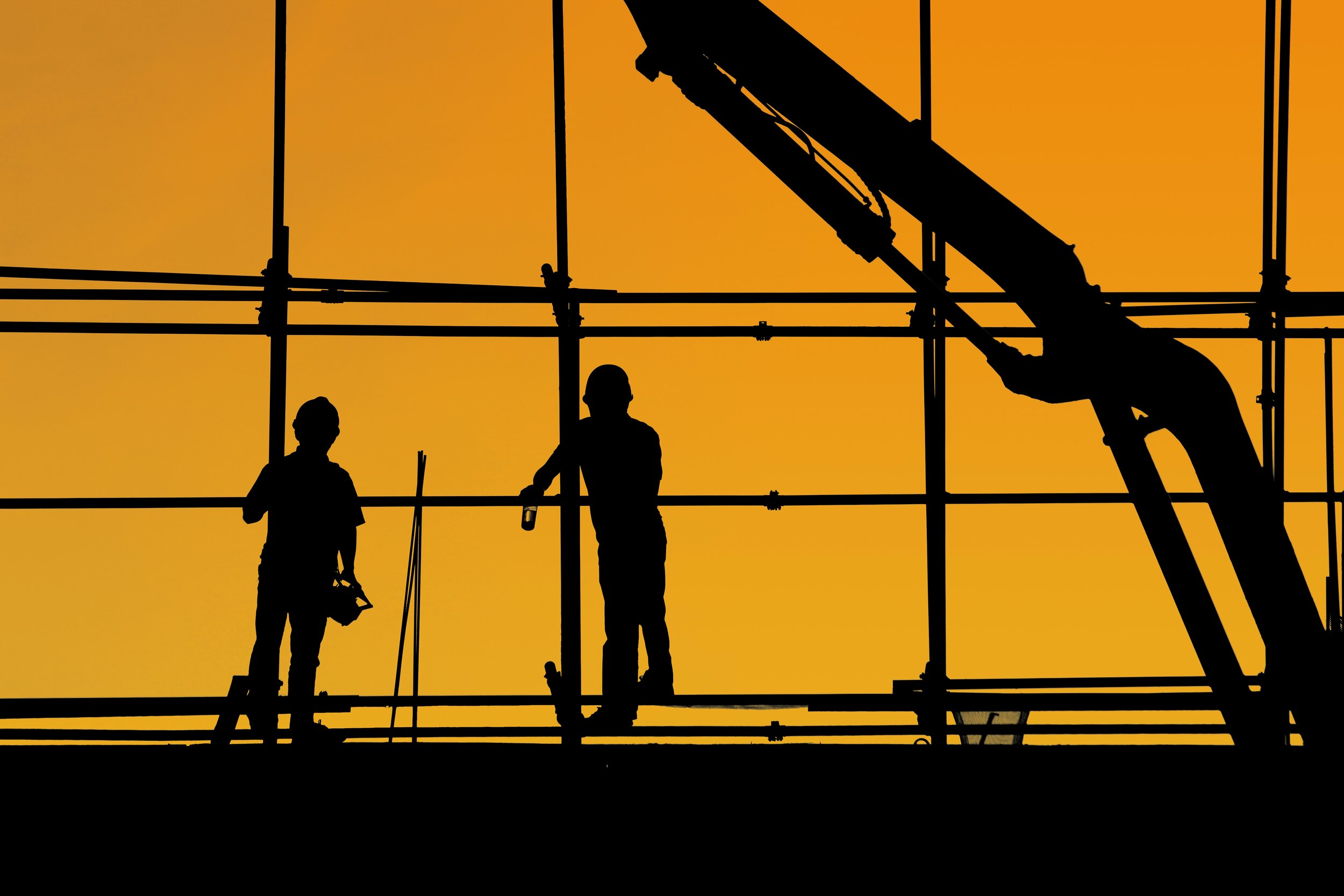While the coronavirus pandemic has severely curtailed many industries and left millions unemployed, there is still plenty of construction going on in America's largest cities.
Some even say there’s too much construction happening, particularly in lower-income neighborhoods that are drawing new attention, thanks to massive public projects and renewed interest from young professionals.
Seeking to curtail gentrification and displacement, Atlanta and Chicago put construction and demolition moratoriums in place early this year. In Atlanta, construction permits were banned until Dec. 4 to slow investor activity near the western portions of the Beltline, a trail system under construction that is laid over old railroad tracks and driving up the value of real estate everywhere it winds.
Chicago made a similar move, prohibiting until February 2021 demolition of old two- and four-flats, which were being torn down in favor of large single-family houses, in the western portions of the 606 trail. Similar to Atlanta’s Beltline, the 606 is laid out over old rail tracks, in this case elevated ones, providing an urban greenway through several northwest Chicago neighborhoods. In both cases, public investment in the popular trails led to a jump in the value of privately owned real estate.
LaTonya Gates-Johnston is an Atlanta resident and founder of PAWKids, a nonprofit providing food and enrichment for kids on the city’s west side. (Lynsey Weatherspoon/for The Washington Post)
For that reason, Atlanta City Council Member Andre Dickens said his city is obligated to protect its long-term residents who may not be able to afford higher rent or taxes.
“When you invest major public dollars in an area, plus infrastructure, inevitably you get a lot of redevelopment,” Dickens said. “The challenge comes when that public investment leads to people who have lived there for a generation or more not being able to benefit from it. We don’t want vultures to come in and buy up the limited amount of owner-occupied properties in the area.”
Similar proposals are under discussion in New York, where a major expansion of Harlem’s Lenox Terrace housing complex has led to moratorium calls, and Gainesville, Fla., where student housing at the University of Florida may threaten historically Black neighborhoods.
The long-term goal of these proposals is to hit the pause button on development to find permanent solutions. And aiding the effort since March are construction moratoriums put in place since the pandemic spread. While these are aimed at protecting workers rather than homeowners or tenants, affordable housing projects are often exempted, helping to put more houses and apartments within reach of people with modest incomes.
For more information and the full article, visit The Washington Post.
Related Links

